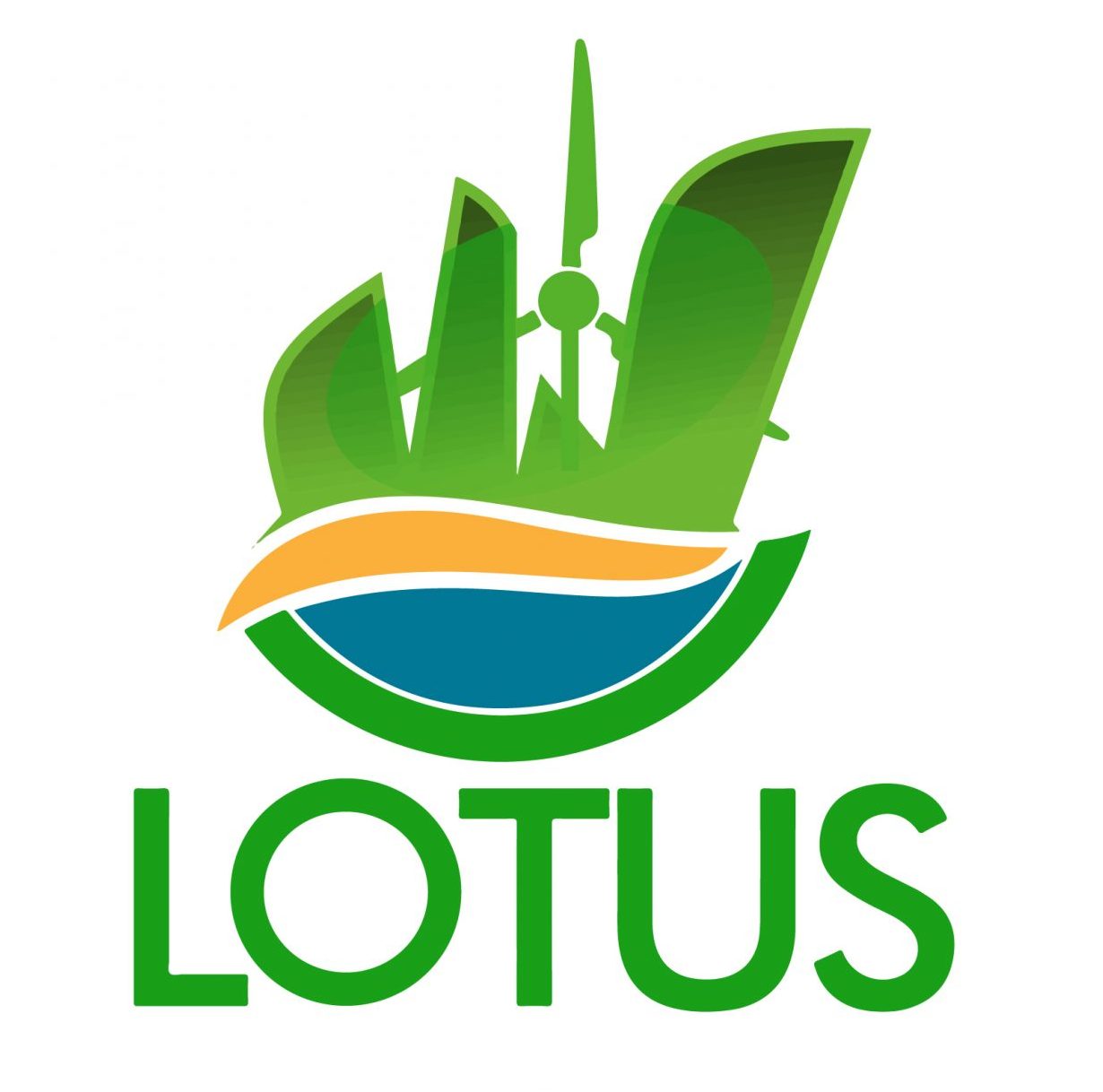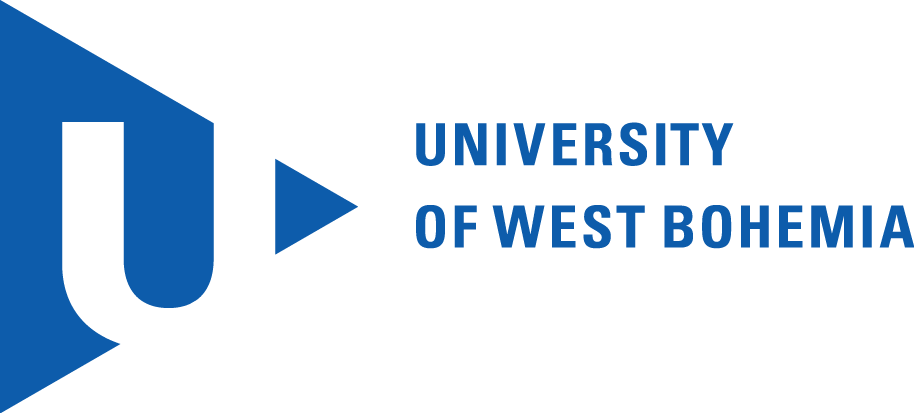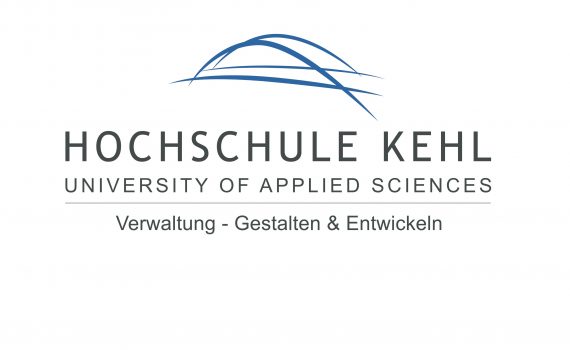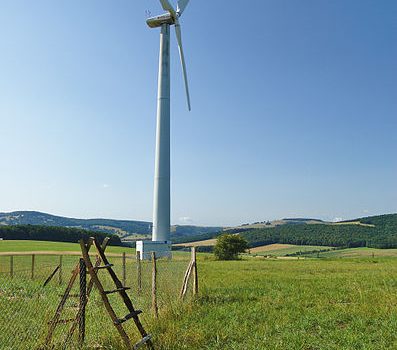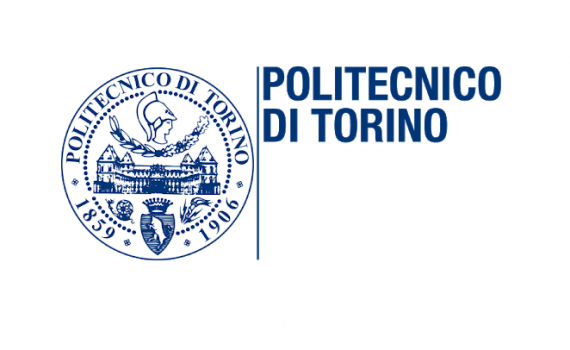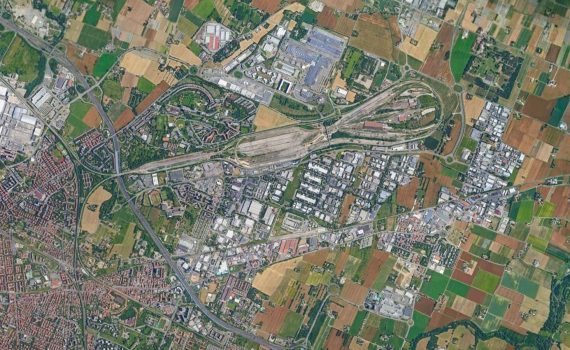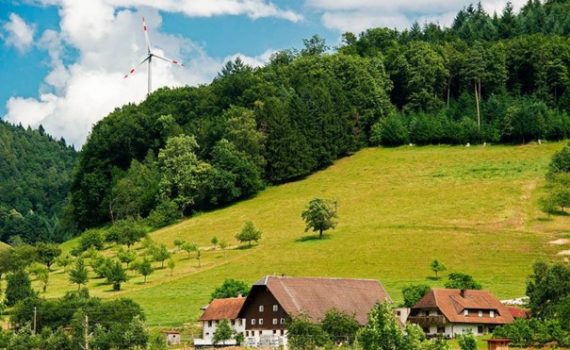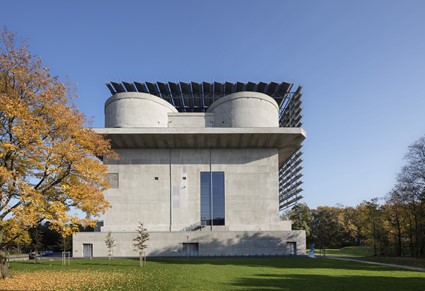Yearly Archives: 2022
This case study is located in the border region between the Czech Republic and Poland with a unique landscape of fields, meadows and forests, affected by the proximity of the Jizera Mountains. This village invested financial resources in renewable energies (wind turbines, solar energy, biomass, solar thermal, heat pumps) and […]
The “Peccioli System”, started in the late 90s, is considered an exemplary case in the national context as a model of local development in relation to three main aspects: the initial turning point in transforming an environmental problem into an opportunity for the development of the territory, the gradual transition […]
The “GECO project” has been launched in 2019 to implement the first neighborhood energy community in the city of Bologna (Italy) and is still ongoing. The project supports the role or prosumers in the community production, distribution and self-consumption of renewable energy by explicitly focusing on the involvement of residents, […]
Within this summer semester Dr. Nina Kulawik, research associate at the University of Applied Sciences Kehl, is introducing the serious game UrbEm and a curriculum in a compulsatory seminar in the master “Regional Management and Business Development” at the University of Applied Sciences in Göttingen. Thus, the ideas and results […]
The case study of the village of Freiamt (Germany) is an example of a bottom-up local energy transition process. The process started in 2000 and was triggered by national law. Citizens’ initiative is the main driver of the process. Freiamt citizens founded three companies which build several wind turbines and […]
The case study Klimaschutzkonzept Erneuerbares Wilhelmsburg focuses on the district of Hamburg-Wilhelmsburg, Germany as an urban area and its development from a neglected district to a field test for local renewable energy production. The Internationale Bauausstellung (IBA = International Building Exhibition) plays a significant role here, due to the initiation […]
